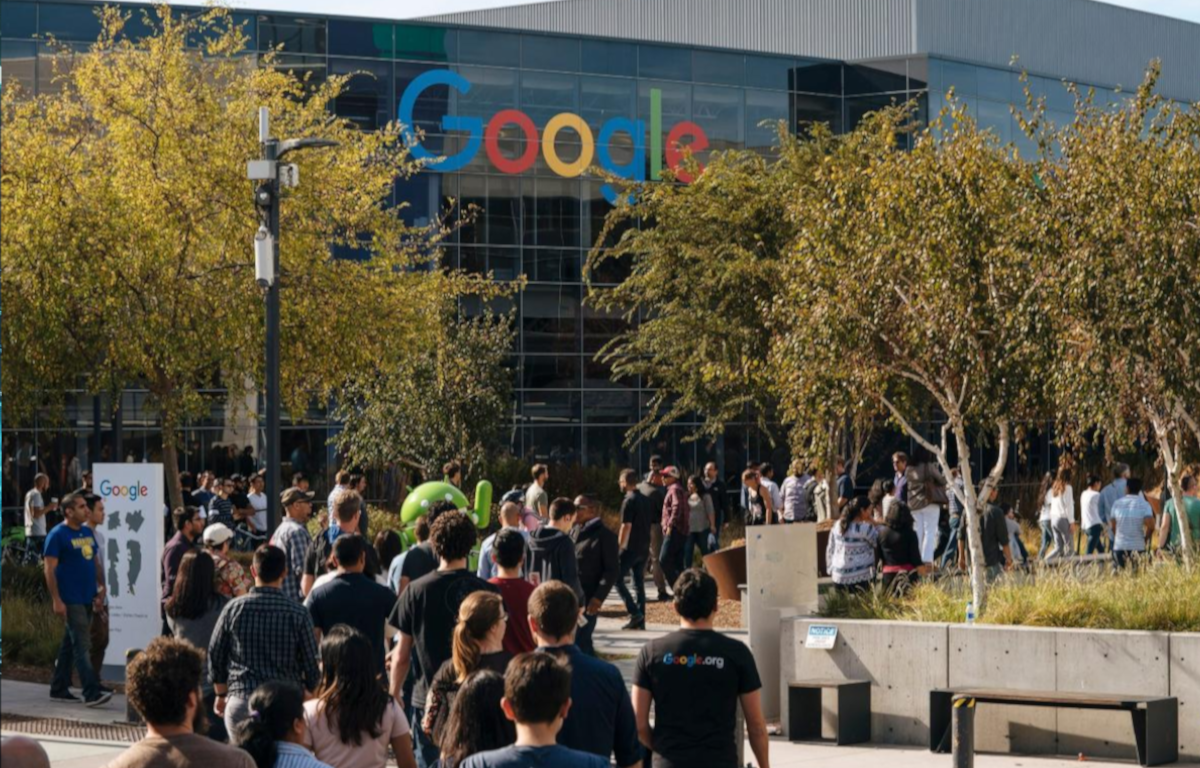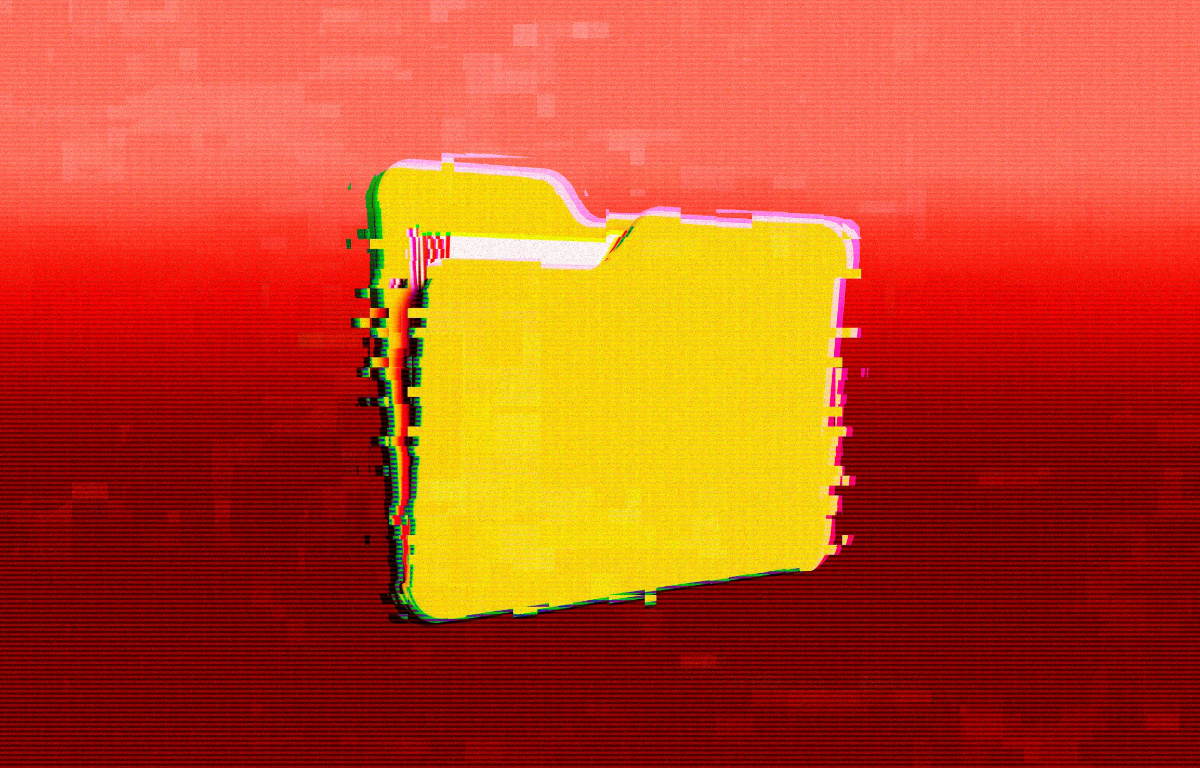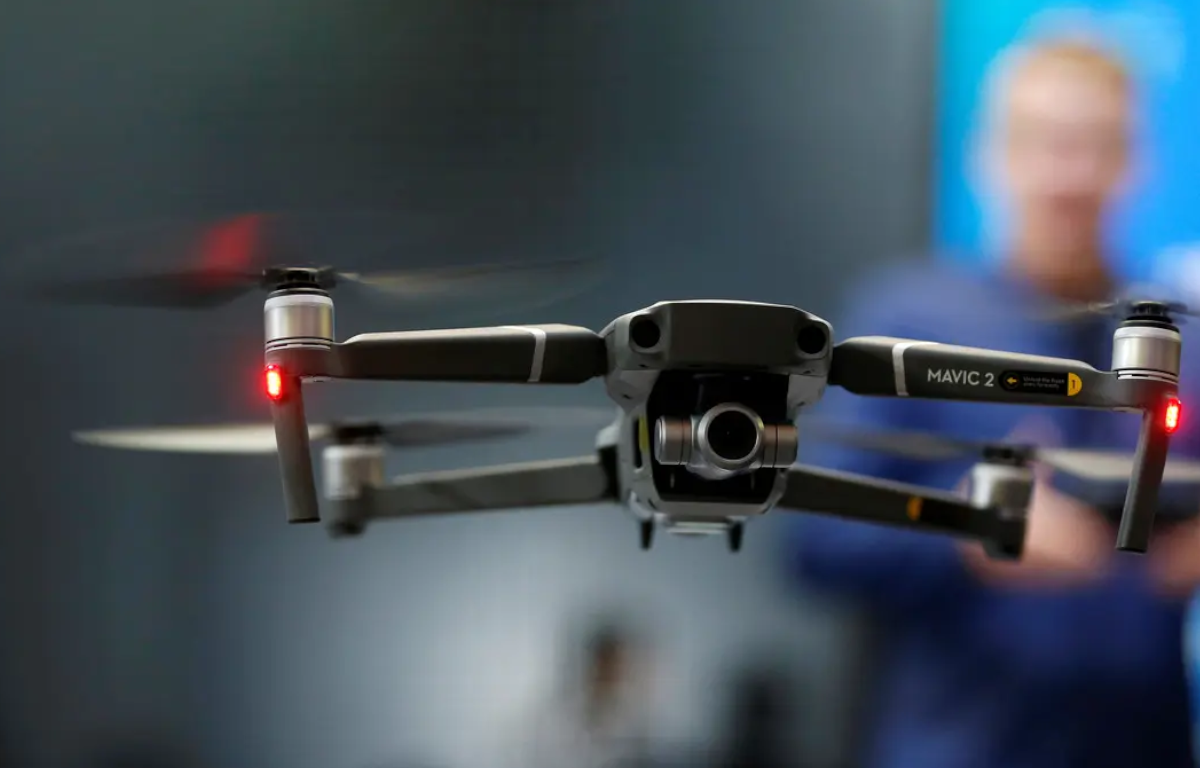
This alarming prediction highlights the evolving landscape of disinformation and the growing concern over the weaponization of advanced technologies for political manipulation.
China’s rapid advancements in AI and deepfake technology have raised significant concerns among cybersecurity experts and policymakers. Deepfake technology, in particular, allows for the creation of highly realistic but entirely fabricated audio, video, and text content. When deployed maliciously, deepfakes can be used to spread false information, manipulate public opinion, and undermine trust in democratic processes.
Microsoft’s warning underscores the potential consequences of such technology falling into the wrong hands. The use of AI-driven propaganda and deepfakes by state actors poses a significant threat to the integrity of elections and democratic institutions, not just in the United States but globally.
The impact of AI-driven disinformation campaigns can be far-reaching. They have the potential to polarize societies, exacerbate social divisions, and erode public trust in media and government institutions. By leveraging AI and deepfakes, malicious actors can create convincing narratives that are difficult to discern from reality, leading to widespread confusion and chaos.
Moreover, the speed and scale at which AI can generate and disseminate disinformation pose unique challenges for traditional methods of detection and mitigation. As AI algorithms become more sophisticated, detecting deepfakes and countering AI-driven propaganda requires continuous innovation and collaboration among technology companies, governments, and civil society.
The threat of foreign interference in elections is not new, but the emergence of AI-powered disinformation presents a new frontier of challenges. Governments and tech companies must work together to develop robust strategies and technologies to defend against these threats effectively.
Microsoft’s warning serves as a wake-up call for heightened vigilance and proactive measures to safeguard democratic processes. This includes investing in AI detection technologies, promoting media literacy and critical thinking skills among the public, enhancing cybersecurity measures, and fostering international cooperation to combat disinformation campaigns.
Ultimately, the battle against AI-driven propaganda and deepfake manipulation is a collective effort that requires a multifaceted approach. By staying ahead of emerging threats, bolstering digital resilience, and upholding democratic values, societies can mitigate the risks posed by malicious actors seeking to exploit advanced technologies for nefarious purposes.









Share this: